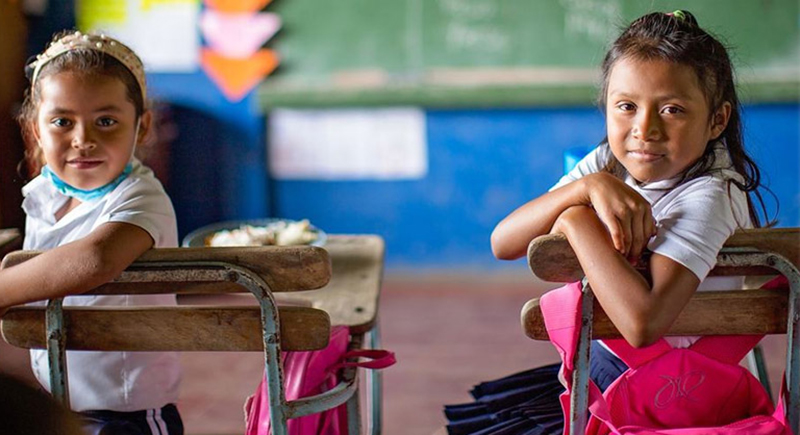 Education
Education ‘Transforming education’: Ensuring children and societies are learners
New York: The UN launched on Friday a policy brief on transforming education, which lays out a set of proposals to create inclusive and truly learning societies, and to understand education as a global public good.
The brief recognizes that education faces both a crisis of access as well as a crisis of quality and relevance, Leonardo Garnier, Special Adviser of the Secretary-General on the Transforming Education Summit, said at a press briefing in New York.
“While millions around the world are still excluded from education, many of those who do attend formal schooling are not even learning the basics,” he added, noting that current education systems are not preparing children to confront the complex challenges they will face in the rapidly changing future.
“We must make sure that every child who goes to school also learns what they have to learn,” Mr. Garnier stressed.
Set of key principles
The policy brief presents a set of key principles which countries can consider to improve learning.
The principles include moving away from a “static” model of education to a more learner centered one to foster life-long learning in societies, ensuring equality and inclusion in and through education for all, and making curricula and pedagogies effective and relevant.
“Curricula must be relevant for today and for the future, with a particular focus on education for sustainable development, and fostering a culture of civic responsibility, peace and respect for human diversity,” Mr. Garnier said.
Curricula must be relevant for today and for the future ... and fostering a culture of civic responsibility, peace and respect for human diversity
Transforming teachers and teaching; harnessing the digital resolution; and investing more, more equitably and more efficiently in education, are also included among the key principles.
“Governments must abandon short-term thinking, and reframe their approach to financing of education as a crucial investment […] with significant medium- and long-term returns,” Mr. Garnier added.
Changing the culture
Also speaking, Stefania Giannini, UN Educational, Scientific and Cultural Organization (UNESCO)’s Assistant Director-General for Education, highlighted that the policy brief provides a “clear vision”.
On one hand, it addresses the preexisting learning crisis, which has been exacerbated by the COVID-19 pandemic, and on the other, it links clearly the development outcomes of education, she said.
“It is about moving from a culture of reforming education systems to a culture of transformation – not simply incremental change, but resulting in education systems different from today,” Ms. Giannini added.
The brief, stemming from the Transforming Education Summit last year, is a result of consultations at country and global levels. It is grounded in over 140 statements of commitment by governments at the Summit.
Next steps
Ms. Giannini went on to note that the upcoming SDG Summit in September will be an important moment to showcase the concrete steps that are being taken to transform education.
The event will pave the way to a 2024 global meeting that will take stock of the progress made since the movement started in 2022, she added, informing also on the coordinated work across the UN system.
Support Our Journalism
We cannot do without you.. your contribution supports unbiased journalism
IBNS is not driven by any ism- not wokeism, not racism, not skewed secularism, not hyper right-wing or left liberal ideals, nor by any hardline religious beliefs or hyper nationalism. We want to serve you good old objective news, as they are. We do not judge or preach. We let people decide for themselves. We only try to present factual and well-sourced news.







